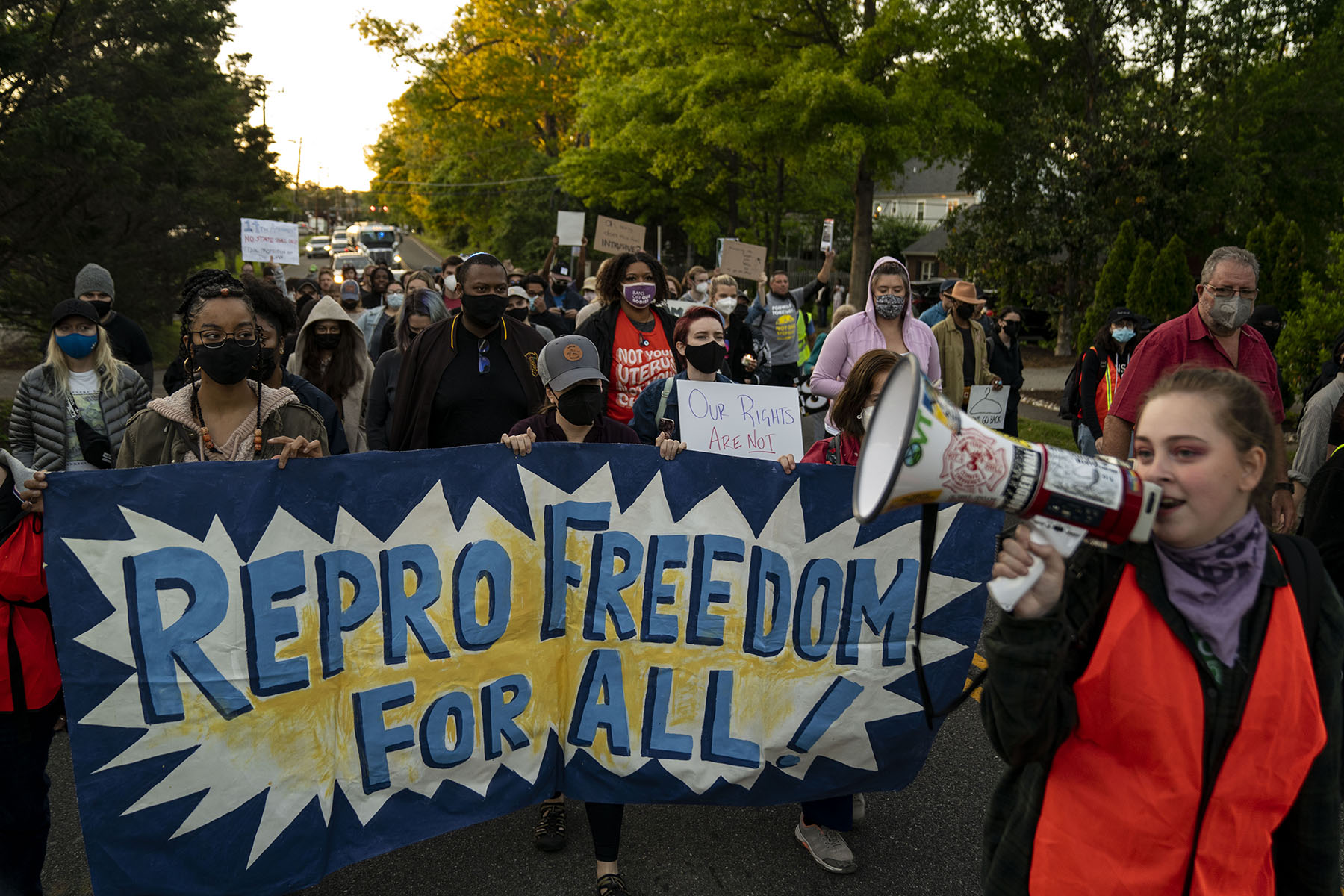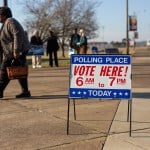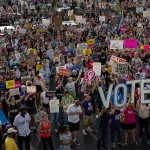CHARLOTTESVILLE, Virginia — Jessica Anderson was a freshman in college juggling a full course load and two jobs when her birth control failed. Anderson talked about her options with her partner at the time, as well as her parents, and decided to terminate the pregnancy.
Navigating the state’s mandatory waiting period was difficult, she recalled, but federal abortion rights ultimately protected her ability to choose an abortion. Anderson went on to have three daughters, and decades later, she credits access to the procedure with paving the way for her future family.
Anderson is running for one of the most hotly contested seats in the Virginia legislature this November, and she is making the fate of a constitutional amendment to protect reproductive rights in the state a top issue of her campaign.
Three years after the Supreme Court decision that ended federal abortion rights, voters in 11 states have approved ballot measures to enshrine reproductive rights in their state constitutions. Voters in Virginia could get a chance to weigh in on their own constitutional amendment next year, but the proposed ballot measure will need a green light from the state legislature first.
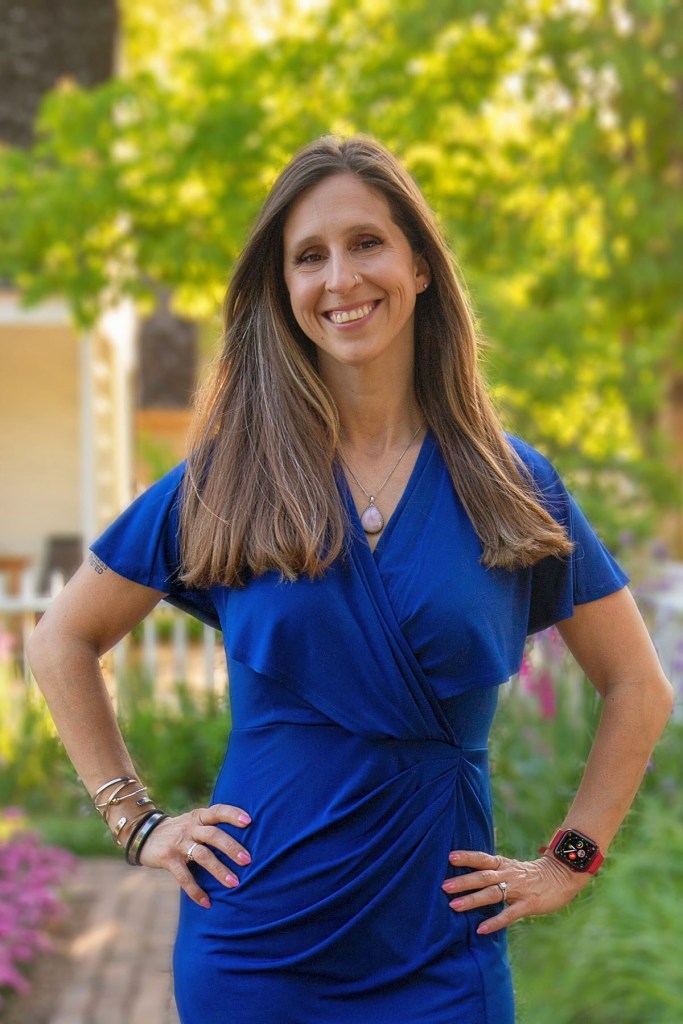
Virginia’s constitutional amendment process calls for both chambers of the legislature to approve a ballot measure twice — with an election separating the two votes — before it can go to voters. Democrats won control of the legislature in 2023 and this year approved the measure with no Republican support. Its fate will be decided when the legislature reconvenes in January: If Democrats don’t win control of the Virginia House of Delegates, the measure almost certainly won’t be on the ballot in 2026.
A proposed constitutional amendment that isn’t on the ballot yet has become a key election issue in Virginia this cycle, where every House seat is up for grabs and Democrats are defending a one-seat majority. Many of the women running for office are highlighting personal abortion, pregnancy and miscarriage stories to make their case to voters.
Anderson is in a rematch against Republican Del. Amanda Batten, who voted against putting the amendment on the ballot in January. The campaign did not respond to a request for comment on her vote.
During her last campaign, Batten said she believed a 15-week abortion ban proposed by Gov. Glenn Youngkin was a “great place to start,” and also signed onto a brief led by the anti-abortion group Susan B. Anthony List (SBA List) supporting the overturning of Roe v. Wade. Batten faced Anderson in 2023 and won by fewer than 700 votes.
“I don’t want to live in a state where my daughters’ rights and access is stripped away,” Anderson said. “In my particular race, I’m making this issue relevant, and there are a lot of parts of Virginia that recognize this is something that we need to protect.”
Anderson has the backing of Planned Parenthood Advocates of Virginia, which is planning to door-knock on behalf of candidates backing abortion rights. Candidates like Batten have the support of Women Speak Out Virginia, which is affiliated with SBA List, and announced last month that it would deploy 100 canvassers to knock on 150,000 doors and urge voters to oppose those running who support the ballot measure.
The status of reproductive rights in the state has regional implications given that Virginia is the only state in the South that hasn’t restricted access to abortion since Dobbs. With the exception of North Carolina, which bans abortions after 12 weeks, abortions in the rest of the region are limited beyond the first six weeks, before many women know they are pregnant.
Virginia law doesn’t restrict abortion through 26 weeks of pregnancy, and the procedure remains legal beyond that to protect patient health with the consent of treating physicians.
Virginia is one of the only states with competitive elections this year, and all eyes will be trained on the governor’s race, a matchup between Republican Lt. Gov. Winsome Earle-Sears and former Democratic Rep. Abigail Spanberger. Earle-Sears has been vocal about her opposition to abortion, and most recently threw her support behind a 15-week ban. In a 2021 interview, Earle-Sears said she would support a Texas-style six-week ban. Spanberger has made protecting reproductive rights in Virginia a key issue in her campaign, alongside affordability and investment in education.
“Three years ago, my three daughters, all of a sudden, in one decision, had fewer rights than I did growing up,” Spanberger said during a packed campaign event in Charlottesville, Virginia, marking the third anniversary of the Dobbs decision. “Virginia has a particular responsibility to stay steady. We will get our constitutional amendment through the General Assembly. It will go to the people in November 2026.”
On stage, state Sen. Ghazala Hashmi, the Democratic nominee for lieutenant governor, shared her own personal story about access to reproductive health care. Decades earlier, she experienced a miscarriage with twins with complications that put her life and fertility at risk.
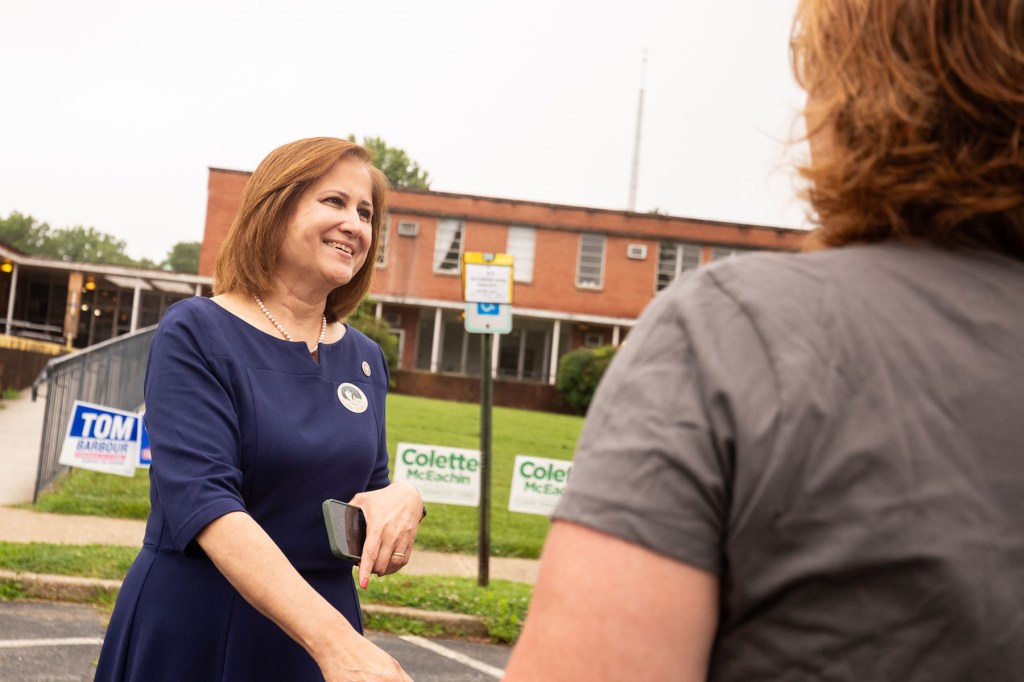
Hashmi said in an interview that she had talked about the experience publicly only once before but felt compelled to share it given the impact of abortion restrictions on women’s access to reproductive health care.
“These are personal stories which we shouldn’t have to share publicly, and we shouldn’t have to ask the permission of politicians to be making personal decisions for our lives and our families,” said Hashmi, adding that given the circumstances, the reproductive rights amendment “is actually before us. It is literally on the ballot.”
Restrictions on abortions have led to fewer health care options for pregnant patients and barriers for health care providers to make sometimes split-second decisions in complicated cases related to pregnancy and miscarriage.
Last month, an analysis by ProPublica found that restrictions on abortion in Texas had made first-trimester miscarriages more dangerous for patients: The number of blood transfusions during emergency room visits for miscarriage in the first 14 weeks of pregnancy had increased by 54 percent since the bans went into effect.
Virginia’s proposed constitutional amendment would create a fundamental state right to reproductive freedom. The ballot measure will need the support of a simple majority of voters to become law. These measures have tended to be popular with a majority of voters in nearly every state where they have been voted on, often attracting conservative and independent support and outperforming Democratic candidates.
Democrats are also championing two other proposed constitutional amendments that could go before voters next year: one to enshrine marriage equality, erasing the state’s constitutional ban on same-sex marriage that voters approved in 2006, and another to automatically restore voting rights to people convicted of felonies who have completed their sentences.
Like the reproductive rights amendment, both measures have long faced opposition from Republicans, making control of the Virginia House crucial to their chances of earning a place on the ballot.
Some of the most competitive Virginia House races feature Democratic women candidates who are talking about their own experiences with abortion or miscarriage to explain their support for abortion rights in the state and, specifically, the proposed constitutional amendment.
“I’m always clear when I speak to voters. … Who they elect this year will determine the group of people who decide whether or not the voters get to decide this issue in 2026,” said Kimberly Pope Adams, who is running for a House seat in central Virginia.
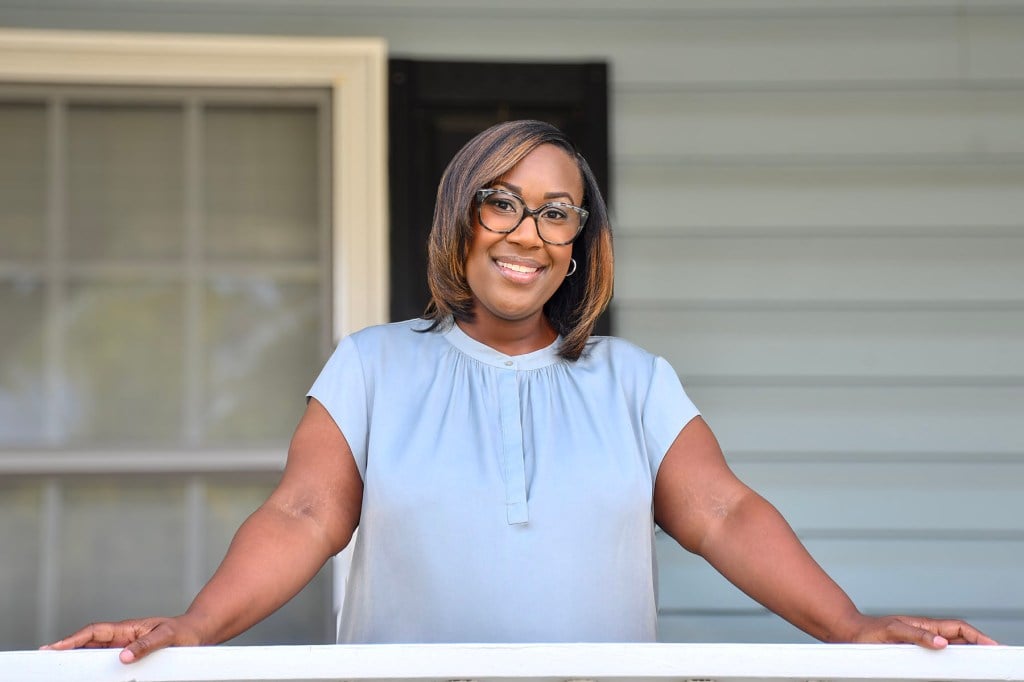
The candidate has publicly shared her story of a miscarriage at 12 weeks and said she worries restrictions on abortions would leave women with fewer options for managing their miscarriage, potentially putting them at risk.
The 19th wrote about Pope Adams’ campaign in 2023, when she lost by fewer than 100 votes. That election cycle saw Virginia Republicans coalesce around the proposed 15-week abortion ban that they described as a “common sense,” consensus limit. Democratic leaders said protecting abortion rights from the threat of an abortion ban was the party’s top priority that cycle, and Democrats ended up flipping both legislative chambers in their favor.
In addition to backing women candidates like Pope Adams, Planned Parenthood Advocates of Virginia launched a campaign Tuesday called “Bros for Repro,” focused on five vulnerable House candidates who are men and have championed reproductive rights during their time in the General Assembly. The campaign, the group said, will highlight “the need to continue the fight towards a reproductive freedom amendment in Virginia during the upcoming legislative session.”
The House races, as well as Virginia’s governor’s race and other races down ballot,will serve as an important test of the issues motivating voters and Democrats’ enthusiasm, as well as a referendum on the second Trump administration ahead of the 2026 midterms.
Anderson said the fight for abortion rights doesn’t have the same widespread attention it did when she ran for office in 2023, just a year after the Dobbs decision. “With what’s happening at the federal level, the kind of the chaos that has been created with this administration, I do think it has unfortunately taken a slight backseat to some of the other immediate concerns people have.”
But, she said, it’s still on many voters’ minds. Anderson said the proposed constitutional amendment came up during a recent town hall, which gave her an opportunity to clarify the process for voters in the room, and explain what is at stake this election.
“One of the things I’m saying a lot is that I am not, as someone who wants to be a delegate, going to vote to enshrine anything — that is not my power as a delegate. My power as a delegate is to give you the ability to enshrine it as the people,” Anderson said, “to empower Virginians to decide whether or not this is something they feel is worthy of protecting at the state level.”
Feeling overwhelmed by the news? The 19th is considering new ways to keep you informed. But we need your input. Fill out this quick survey to share your thoughts.
